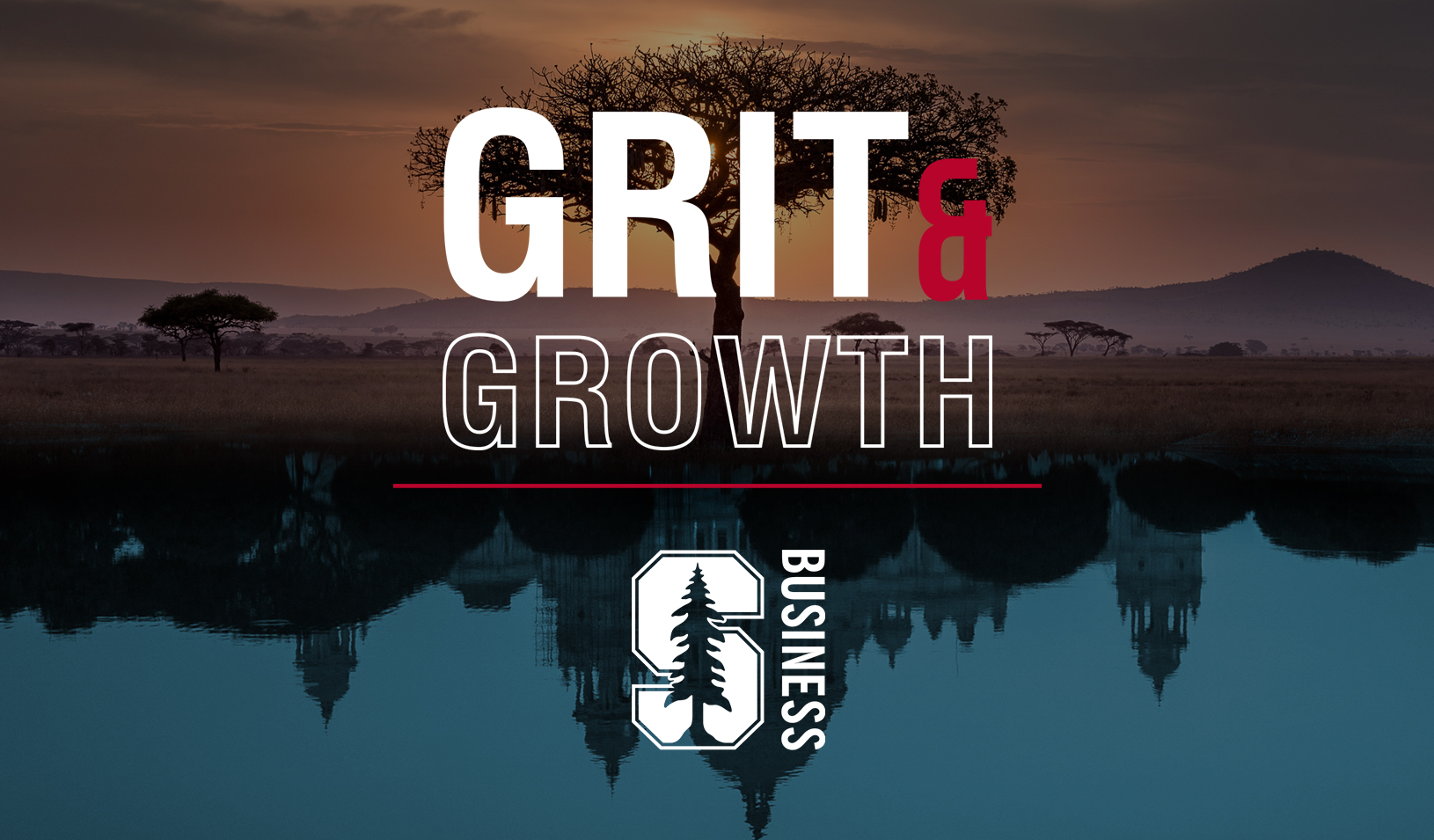A founding team’s abilities and experience are often more important to VCs than the product itself. | iStock/Peopleimages
In the always complicated courtship between entrepreneurs and venture capitalists, Stanford finance professor Ilya A. Strebulaev may have uncovered the closest thing possible to a reliable seduction line: “I’m passionate, I’m capable, I’m experienced, and I’m part of a strong team.”
“Entrepreneurs, especially in the tech world, have a lot of levers they can use to attract investors,” he says. “But if entrepreneurs are not perceived to be passionate, there’s little chance they’ll get funding, and if they can’t demonstrate that they’re capable and experienced, then VCs will pass.”
Strebulaev offers that advice based on the results of a study he recently coauthored with one of his former Stanford doctoral students, William Gornall (now at the University of British Columbia), as well as Paul Gompers of Harvard and Steven N. Kaplan of the University of Chicago. The study, “How Do Venture Capitalists Make Decisions?” was published by the National Bureau of Economic Research.
Strebulaev and his colleagues surveyed 885 venture capital professionals at 681 firms, asking the VCs to identify the factors that drive their investment selection decisions and rank them according to importance.
“Some results confirmed our intuition,” he says. “But some gave us completely new information.”
Focus on the Team
Generally, the study concluded that the abilities of a founder and management team are the most important factor driving investment decisions — often more important than even a product or technology itself. (In a commonly used metaphor, they prefer investing in the jockey rather than the horse.) That was followed by preferences for the entrepreneur’s depth of industry experience, passion, specific entrepreneurial experience, and teamwork.
Strebulaev says the average investor evaluates 200 companies a year and invests in just four. Each deal takes an average of 83 days to put together, which includes 118 hours of due diligence, he notes.
Strebulaev suggests a clear strategy for hopefuls trying to catch the attention of an investor: “Founders and management teams doing the rounds in pursuit of investment — especially those at an early stage, or in the IT sector — could give their chances a considerable boost by placing additional emphasis on their personal capabilities, passion, experience, and relationships as a team.”
He says venture capitalists gauge an entrepreneur’s passion level by their commitment of time, effort, and money to their idea. “If you meet with an investor and have a great idea, but you’re pursuing it in your free time, that suggests there’s no passion involved. And if the entrepreneur is bootstrapping their idea, putting their own money into it, VCs really like that. It’s a huge signal about seriousness.”
Be Ready to Get Grilled
VCs also are looking hard at their suitors’ level of expertise. Because they often specialize in a specific type of investment, they become experts in that area and know how to quickly figure out if an entrepreneur really knows their stuff. “Investors can pepper them with questions to which they already know the answers, but they’re interested in seeing how the entrepreneur thinks.”
Strebulaev recalls a discussion he had several years back with the founders of the file-sharing company Dropbox and one of its investors. “The VC thought file sharing was going to be a big thing, and he had spent a lot of time investigating this,” including meetings with dozens of teams trying to build companies around the same idea, Strebulaev says. But the investor decided to invest in Dropbox less than an hour after meeting its founders. Why?
The investor realized that the Dropbox team understood the file-sharing concept and its potential much better than every other person he’d met, and they already had a plan to overcome the challenges he anticipated. “That’s very important in ensuring that VCs will take you seriously,” Strebulaev says. “So whatever idea you have, you have to be very critical about it. This is something you can control. To get on the short lists of VCs, you really have to demonstrate both passion and capability.”
Strebulaev adds that his study was structured in a way that enabled researchers to better understand how different types of venture capital investors approach decisions. For example, they found that information technology investors tend to be interested in an entrepreneur’s management team, while health sector investors are more interested in products and market forces.
They also discovered that California investors often are willing to back less experienced entrepreneurs because, he speculates, “there’s an ecosystem in Silicon Valley that can provide an inexperienced founder with all the necessary advice, help, and mentoring they need.”
For media inquiries, visit the Newsroom.





